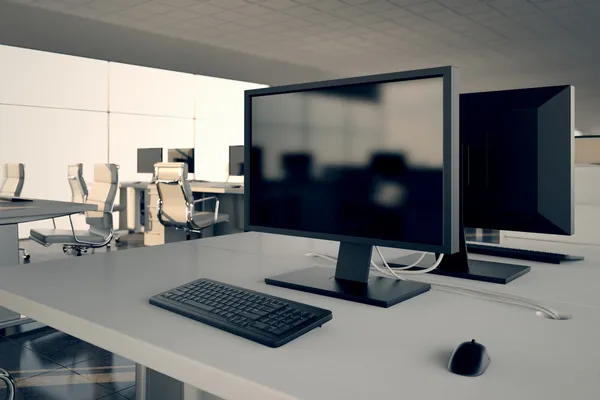Whether you’re typing furiously, mousing around word-processing documents and websites, or tapping a touch screen on a laptop, digital devices can hurt your body. This is especially true if you don’t use them properly.
From old versions of software to downloaded game add-ons, unused files can take up more space than you think. They can also make your computer run sluggishly. Avoid common PC/Mac pitfalls to safeguard your system’s health. Seek IT support San Diego for proactive maintenance, troubleshooting, and expert assistance in resolving technical glitches.
1. Keep Your PC Clean
It’s important to keep a computer clean, both physically and digitally. Physical debris such as dust and crumbs can damage the keyboard switches, while digital junk like old browsing data and obsolete programs can slow down your system.
The best way to keep your PC free from dust is to open up the case and blow out any visible debris with a can of compressed air. Be careful not to blow too close to the fans, as this can damage them. Use cotton swabs or paper towels to clean any other visible dirt and grime on the hardware inside the case.
You should also use a tool like CCleaner to delete temporary files and clean up your registry. Doing so can help you speed up your computer.
2. Don’t Leave Your PC in the Sun
A laptop is a serious investment and needs to be protected from dents, scratches, smudges, and liquid spills. Unfortunately, laptops are also much more susceptible to heat damage than desktop computers.
Overheating causes a computer to slow down or even crash as it tries to cool itself and prevent internal damage. Signs of overheating include a device that is hot to the touch or a fan running in overdrive.
Dust can also contribute to overheating, especially in a laptop, where it can collect in the ventilation ducts and restrict airflow. To avoid this, make sure to regularly blow out any dust that may have accumulated using a can of compressed air. You should also remove any obstructions from the ventilation ports to help keep them free of dust.
3. Don’t Forget About Anti-Static Straps
While a single electrostatic discharge may not fry components immediately, it can cause loss of performance and future failures that are costly in both time and money. That’s why it’s important to wear an anti static wrist strap when handling PC components.
A wrist strap connects to an electrical ground via its snap connector and disperses static charges to Earth, eliminating ESD exposure that can damage sensitive electronic components. But, if the wrist strap is worn incorrectly or not at all, charges will not dissipate and could potentially transfer to the component you’re working on.
Anti-static straps should be worn consistently, cleaned regularly and tested periodically for proper functioning. It’s also a good idea to replace them after a certain period of use or when they show signs of wear and tear.
4. Don’t Unplug Your PC While It’s Running
Even when a computer is turned off, files may be open or the disk is being accessed. Occasionally, these operations are interrupted when the PC is shut down abruptly (or, if you use the switch on the power supply, randomly pulled).
Depending on what is happening and how impatient you are, this can cause corrupted data or other problems that can’t be fixed without using another program to repair the file system. Modern hard drives and file systems have become better at recovering from unexpected shutdowns, but it’s still a good idea to err on the side of caution and give your PC time to properly shut down before yanking the plug.
It’s also a good idea to keep a surge protector or uninterruptible power supply unit plugged in at all times, as they protect against spikes that could damage your hardware. This is especially important if you live in an area with unstable electricity.
5. Don’t Mishandle the Power Adapter
Your laptop or MacBook is a vital part of your day-to-day life and also a serious investment. To keep it at its best you need to take care of it properly. That’s why avoiding the common causes of damage is so important. It’s all too easy to accidentally damage your computer through tripping or mishandling cables, dropping it (especially forward), getting a coffee spill on the keyboard or other surfaces or even liquid damage from spilled drinks or food. Steve Sande at Other World Computing offers some smart strategies for preventing these problems in his blog post. The tips apply to all laptops. He also covers the importance of using the menu command to shut down and unplug your Mac instead of doing it manually.
